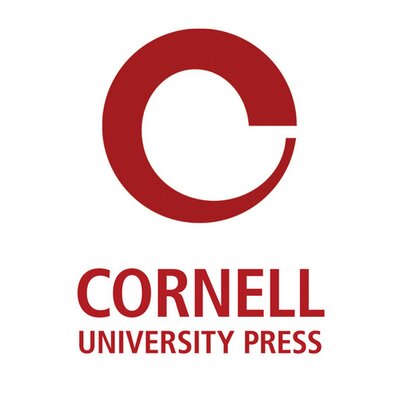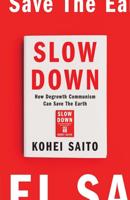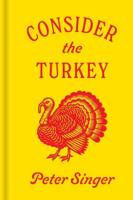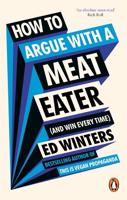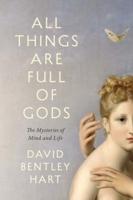Publisher's Synopsis
In the first book wholly concerned with divine authority, Mark C. Murphy explores the extent of God's rule over created rational beings. The author challenges the view-widely supported by theists and nontheists alike-that if God exists, then humans must be bound by an obligation of obedience to this being. He demonstrates that this view, the "authority thesis," cannot be sustained by any of the arguments routinely advanced on its behalf, including those drawn from perfect being theology, metaethical theory, normative principles, and even Scripture and tradition. After exposing the inadequacies of the various arguments for the authority thesis, he develops his own solution to the problem of whether, and to what extent, God is authoritative. For Murphy, divine authority is a contingent matter: while created rational beings have decisive reason to subject themselves to the divine rule, they are under divine authority only insofar as they have chosen to allow God's decisions to take the place of their own in their practical reasoning. The author formulates and defends his arguments for this view, and notes its implications for understanding the distinctiveness of Christian ethics.

